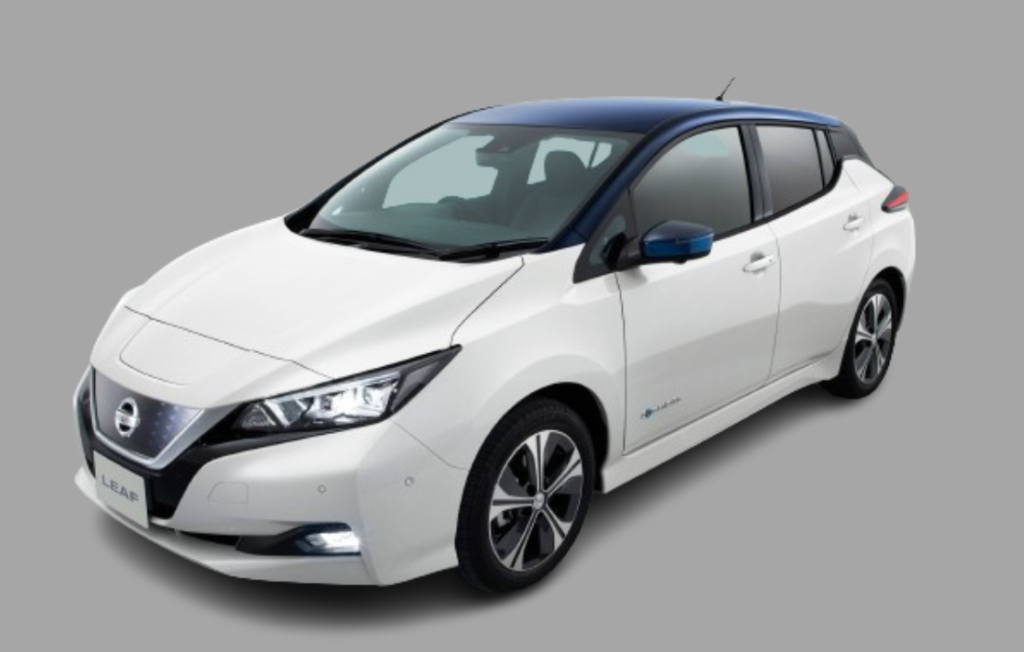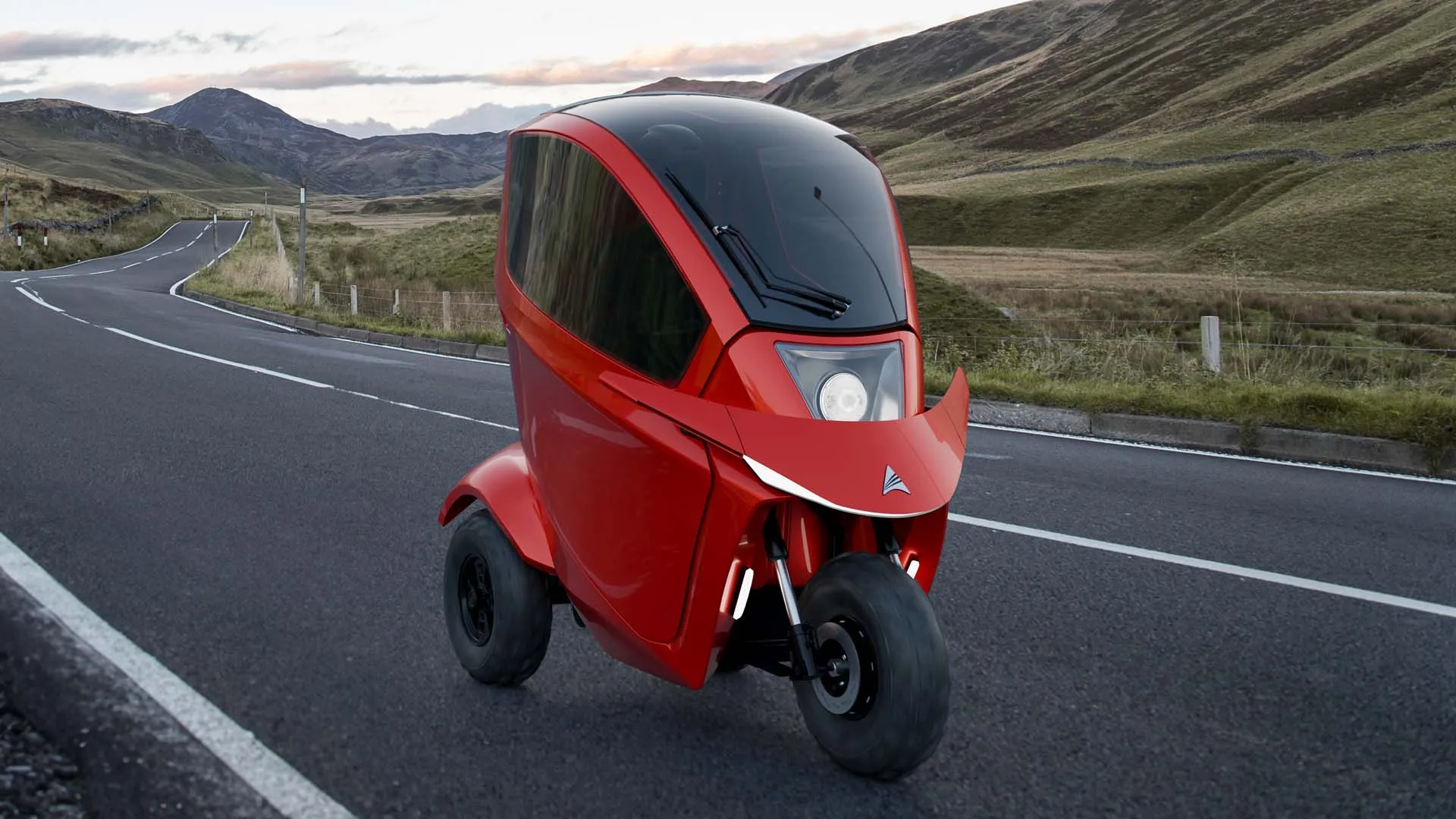Introduction: In recent years, India has witnessed a paradigm shift in the automotive industry with the increasing adoption of electric vehicles (EVs). As concerns about environmental sustainability and the need to reduce carbon footprints escalate, electric cars have emerged as a promising alternative to traditional gasoline vehicles. This blog post aims to delve into the reasons why electric cars outshine their petrol counterparts and shed light on the intricacies of their functioning.
The Advantages of Electric Cars
- Reducing carbon emissions:
Compared to gasoline-powered vehicles, electric automobiles have a substantially smaller carbon footprint, which is one of their main advantages. Conventional automobiles with internal combustion engines produce greenhouse gases, which worsen air pollution and accelerate global warming. Electric vehicles, on the other hand, have zero exhaust emissions, making them a greener and more ecologically responsible choice. As India grapples with air quality issues in major cities, transitioning to electric vehicles becomes crucial for the nation’s sustainable future.
- Cost Efficiency and Savings:
Electric cars offer substantial economic benefits, both in the short and long term. While the initial investment may seem higher, the operational costs of electric vehicles are considerably lower than those of petrol cars. Charging an electric car is often more cost-effective than refuelling a petrol vehicle, leading to significant savings over time. Moreover, government incentives and subsidies further sweeten the deal, making electric cars an attractive and economical choice for Indian consumers.
- Torque and acceleration:
Contrary to common misconceptions, electric cars are not just environmentally friendly; they also deliver exceptional performance. Electric motors provide instantaneous torque, resulting in swift acceleration and a smooth driving experience. The absence of a traditional gearbox in many electric vehicles adds to their efficiency, reducing the need for frequent maintenance and enhancing overall reliability.
How do electric cars work?
Understanding the inner workings of electric vehicles is essential to appreciating their superiority over gasoline cars. As opposed to conventional cars with internal combustion engines, electric cars have electric motors and batteries that power them.

Electric Motors: An electric motor is the engine of an electric vehicle. By converting electrical energy from the battery into mechanical energy, these motors drive the wheels and advance the car. The simplicity of electric motors translates into fewer moving parts, leading to reduced maintenance requirements.
Battery Technology: The energy source for electric cars is a rechargeable lithium-ion battery pack. The electric motor is powered by and stores energy from these batteries. Advancements in battery technology have significantly improved the range of electric vehicles, addressing one of the initial concerns regarding their practicality.
Charging Infrastructure: To keep electric cars on the road, a network of charging stations is crucial. India has been steadily expanding its charging infrastructure, making it increasingly convenient for EV owners. Charging options include home charging, public charging stations and fast-charging networks, providing flexibility to users based on their needs and travel patterns.
Challenges and Future Prospects
While the adoption of electric vehicles in India is on the rise, certain challenges still need to be addressed. Range anxiety, limited charging infrastructure in certain regions and the upfront cost of electric cars are hurdles that need concerted efforts for resolution. However, as technology advances and awareness grows, these challenges are likely to diminish.
The Indian government’s initiatives to promote EV adoption, such as the Faster Adoption and Manufacturing of Hybrid and Electric Vehicles (FAME) scheme, demonstrate a commitment to sustainable mobility. Given the continuous advancements in battery technology, India’s prospects for electric vehicles seem bright.
Some Electric Vehicles available in the Indian Market
- Tata Nexon EV:
The Tata Nexon EV is a popular electric SUV in the Indian market, known for its stylish design and robust performance. It combines the practicality of an SUV with the benefits of electric mobility, making it a compelling choice for environmentally conscious consumers.

Technical Specifications:
- Motor: Permanent Magnet Synchronous Motor
- Battery Capacity: 30.2 kWh
- Range: Up to 312 km (ARAI certified)
- Charging Time: 8 hours (AC), 60 minutes (DC fast charger)
- Power Output: 127 bhp
- Torque: 245 Nm
- Price: Starting from approximately ₹15 lakhs
2. MG ZS EV
The MG ZS EV is a compact electric SUV that has gained popularity for its features, spacious interior, and advanced technology. It offers a comfortable and connected driving experience, making it an attractive option for tech-savvy buyers.

Technical Specifications:
- Motor: Three-Phase Permanent Magnet Synchronous Motor
- Battery Capacity: 44.5 kWh
- Range: Up to 419 km (ARAI certified)
- Charging Time: 6-8 hours (AC), 50 minutes (DC fast charger)
- Power Output: 141 bhp
- Torque: 353 Nm
- Price: Starting from approximately ₹21 lakhs
3. Hyundai Kona Electric:
The Hyundai Kona Electric is a chic and small electric sport utility vehicle that combines efficiency and performance. With its futuristic design and feature-rich interior, the Kona Electric has garnered attention as a practical and high-performing electric vehicle.

Technical Specifications:
- Motor: Permanent Magnet Synchronous Motor
- Battery Capacity: 39.2 kWh
- Range: Up to 452 km (ARAI certified)
- Charging Time: 6 hours, 10 minutes (AC), 57 minutes (DC fast charger)
- Power Output: 134 bhp
- Torque: 395 Nm
- Price: Starting from approximately ₹23 lakhs
4. Mahindra eVerito:
The Mahindra eVerito is an electric sedan that caters to the needs of urban commuters. Known for its simplicity and efficiency, the eVerito offers a practical solution for those looking to make the switch to electric without compromising on sedan comfort.
Technical Specifications:
- Motor: Three-Phase AC Induction Motor
- Battery Capacity: 18.5 kWh
- Range: Up to 140 km (ARAI certified)
- Charging Time: 8 hours, 45 minutes (AC)
- Power Output: 41 bhp
- Torque: 91 Nm
- Price: Starting from approximately ₹11 lakhs
5. Nissan Leaf:
The Nissan Leaf is a globally recognized electric hatchback that offers a practical and efficient driving experience. Known for its reliability and innovative features, the Leaf has made a mark in the Indian market as a versatile and eco-friendly choice.

Technical Specifications:
- Motor: AC Synchronous Electric Motor
- Battery Capacity: 40 kWh
- Range: Up to 311 km (ARAI certified)
- Charging Time: 8 hours (AC), 40 minutes (DC fast charger)
- Power Output: 147 bhp
- Torque: 320 Nm
- Price: Starting from approximately ₹30 lakhs
6. Renault Kwid Electric:
The Renault Kwid Electric is an electric variant of the popular Kwid hatchback. Offering a compact and nimble electric vehicle option, the Kwid Electric caters to urban commuters seeking a cost-effective and efficient means of transportation.
Technical Specifications:
- Motor: Permanent Magnet Synchronous Motor
- Battery Capacity: 26.8 kWh
- Range: Up to 350 km (expected)
- Charging Time: Not specified
- Power Output: Not specified
- Torque: Not specified
- Price: Expected to be competitively priced in the entry-level segment
7. Tesla Model 3
Tesla, a pioneer in electric vehicles, has introduced the Model 3 in the Indian market. The Model 3 is known for its cutting-edge technology, impressive range, and performance, setting new standards for electric cars globally.

Technical Specifications:
- Motor: Three Phase AC Induction Motor
- Battery Capacity: Standard Range Plus – 54 kWh / Long Range – 75 kWh
- Range: Standard Range Plus – Up to 448 km (EPA estimated) / Long Range – Up to 580 km (EPA estimated)
- Charging Time: Not specified
- Power Output: Not specified
- Torque: Not specified
- Price: Starting from approximately ₹60 lakhs
8. Tata Tigor EV
The Tata Tigor EV is an electric variant of the Tigor compact sedan, offering an affordable and practical electric car option. With its compact size and competitive pricing, the Tigor EV appeals to those looking for an electric sedan with a budget-friendly approach.

Technical Specifications:
- Motor: Three-Phase AC Induction Motor
- Battery Capacity: 26 kWh
- Range: Up to 306 km (ARAI certified)
- Charging Time: 8 hours (AC), 65 minutes (DC fast charger)
- Power Output: 40.2 bhp
- Torque: 105 Nm
- Price: Starting from approximately ₹12 lakhs
9.Mercedes-Benz EQC
The Mercedes-Benz EQC is a luxury electric SUV that brings sophistication and high-end technology to the electric vehicle segment. With its premium features and performance, the EQC targets a niche market of consumers looking for luxury combined with sustainability.
Technical Specifications:
- Motor: Dual asynchronous electric motors
- Battery Capacity: 80 kWh
- Range: Up to 471 km (NEDC estimated)
- Charging Time: Not specified
- Power Output: 402 bhp
- Torque: 760 Nm
- Price: Starting from approximately ₹1.04 crores
These electric vehicles demonstrate the evolving landscape of electric mobility in India, offering a range of options from affordable city commuters to luxurious SUVs. As the market continues to mature and technology advances, the electric vehicle segment is likely to witness even more diverse and innovative offerings in the future, providing consumers with greener and technologically advanced choices for their transportation needs.
Conclusion: In conclusion, the shift towards electric vehicles in India represents a monumental stride towards sustainable and eco-friendly transportation. The environmental, economic and performance benefits of electric cars position them as the frontrunners in the future of mobility. Understanding the mechanics of electric vehicles unravels the innovation and technology behind this revolution, emphasizing the importance of embracing cleaner and more efficient alternatives. As India accelerates its journey towards a greener automotive landscape, electric vehicles stand poised to redefine the way we commute, offering a cleaner, more economical and technologically advanced solution for the challenges of the future. ###
The New Avvenire Tectus: Revolutionizing Mobility
In the realm of electric vehicles, Avvenire has made a significant stride with the introduction of the new Avvenire Tectus.
COVID-19’s Shadow: A Deeper Look at the Pandemic’s Impact on Life Expectancy
Introduction: The COVID-19 pandemic has undeniably reshaped our world. Beyond the immediate health crisis, the long-term effects on global health
Venus: A Hostile World with Hints of Hidden Life?
Introduction: Venus, Earth’s so-called “twin planet,” has long captured our imagination. Yet, unlike our verdant home, Venus is a scorching





